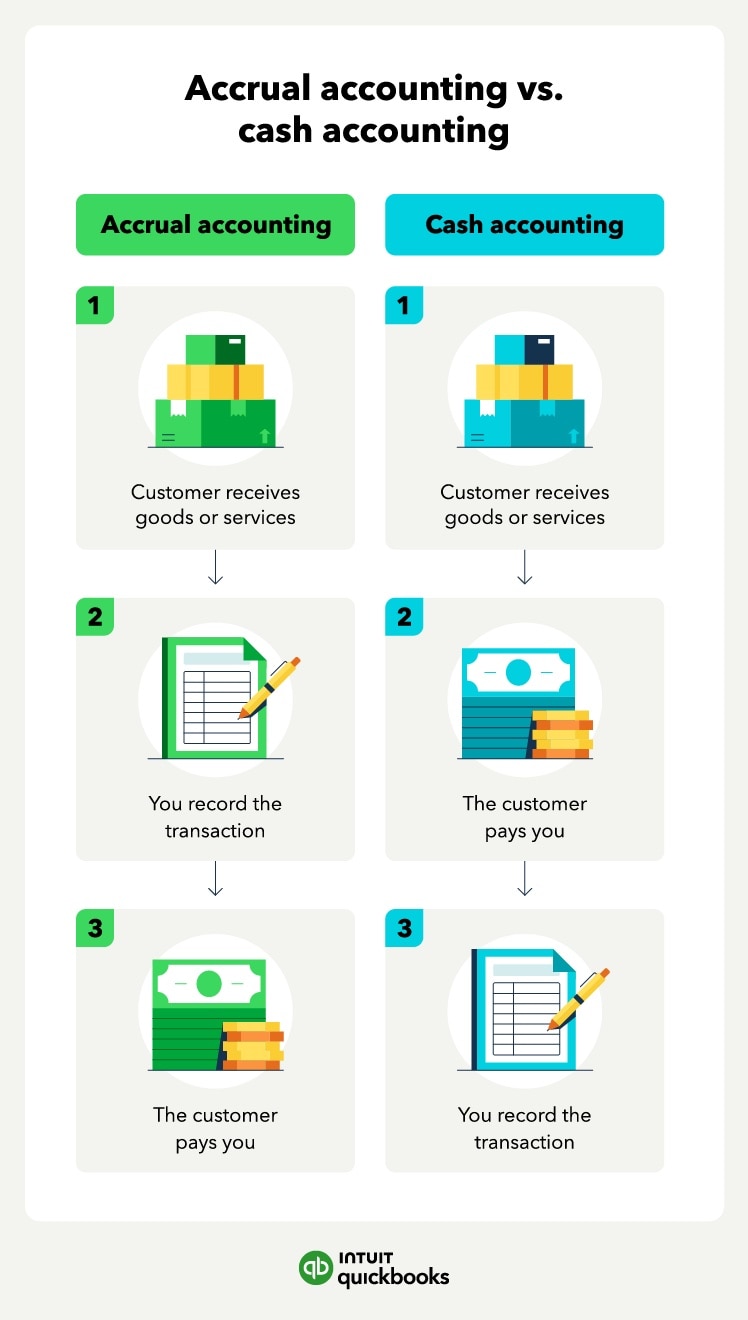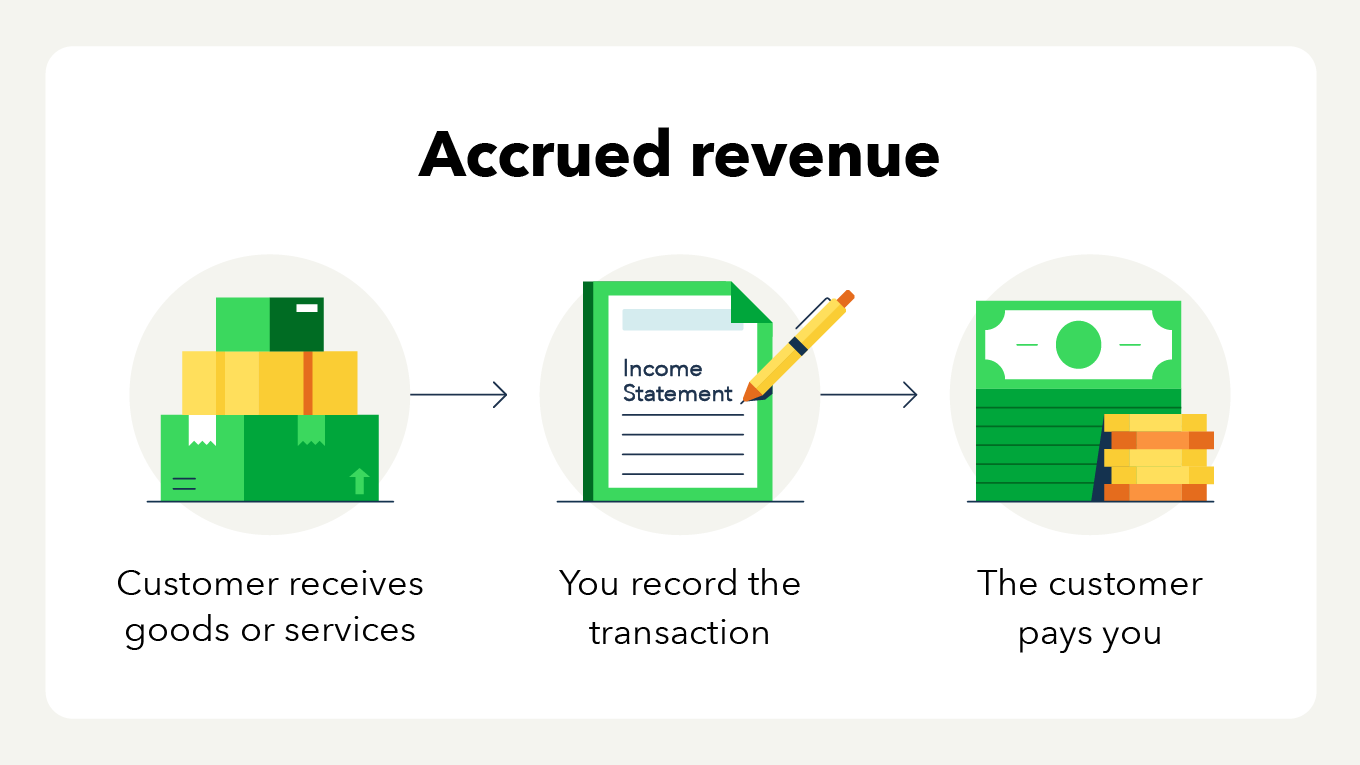Using accrual accounting in different businesses
Accrual accounting can work well for various types of organizations, including:
Nonprofits
Nonprofits get their funding from various sources, such as donations, grants, and membership fees. Sometimes, they're promised money in one year but don't receive it until the next. This is where accrual accounting comes in handy.
For example, your nonprofit might receive a pledge from a donor in December but not get the actual funds until March. With accrual accounting, you can record that money in December when it was promised. This gives you a much better picture of your financial situation when planning your programs, especially if you're on a tight budget like many nonprofits are.
Plus, if your nonprofit is seeking funding from larger donors — e.g., government agencies, grant-making organizations, banks, etc. — using accrual accounting can help secure funds because those types of donors usually require financial statements that follow GAAP.
Small and medium enterprises (SMEs)
Many SMEs start with cash accounting because it's simple. But as your business grows, switching to accrual accounting makes more sense. You can track long-term projects, keep an eye on unpaid invoices, and make better decisions about where your cash is going. This way, you're not just guessing—you know exactly how much you’ve earned and how much you owe, even if the cash hasn't moved yet.
If you're looking for a loan or trying to attract investors, accrual accounting gives them the full picture. Lenders and investors like to see how your business is performing beyond just what’s in the bank, and accrual-based statements show exactly that.
Large corporations
For large corporations, accrual accounting isn't just a choice — it's often mandatory. According to the IRS and GAAP, you’re required to use the accrual method if your business has averaged over $26 million in annual gross receipts for the past three years. This method is also mandatory if you sell products that require inventory tracking or if your business is a C corporation or a partnership with a C corporation as a partner.
The reason is simple — accrual accounting helps large corporations stay compliant, maintain transparency, and keep a true view of their financial performance.
Retailers
As mentioned above, businesses that track inventory must use accrual accounting, and retailers are no exception. As soon as you sell a product, it records the cost of goods sold (COGS), which gives you a better idea of your true profit on each sale.
Handling returns? No problem. When a customer returns an item, you can immediately adjust your revenue so you keep your financial records accurate.
For seasonal retailers, accrual accounting is even more important. It allows you to track sales and expenses during the period they happen, which helps you better manage busy times like holidays or big sales events. You’ll be able to see how much you’re really making after factoring in things like extra staffing or higher inventory costs.













